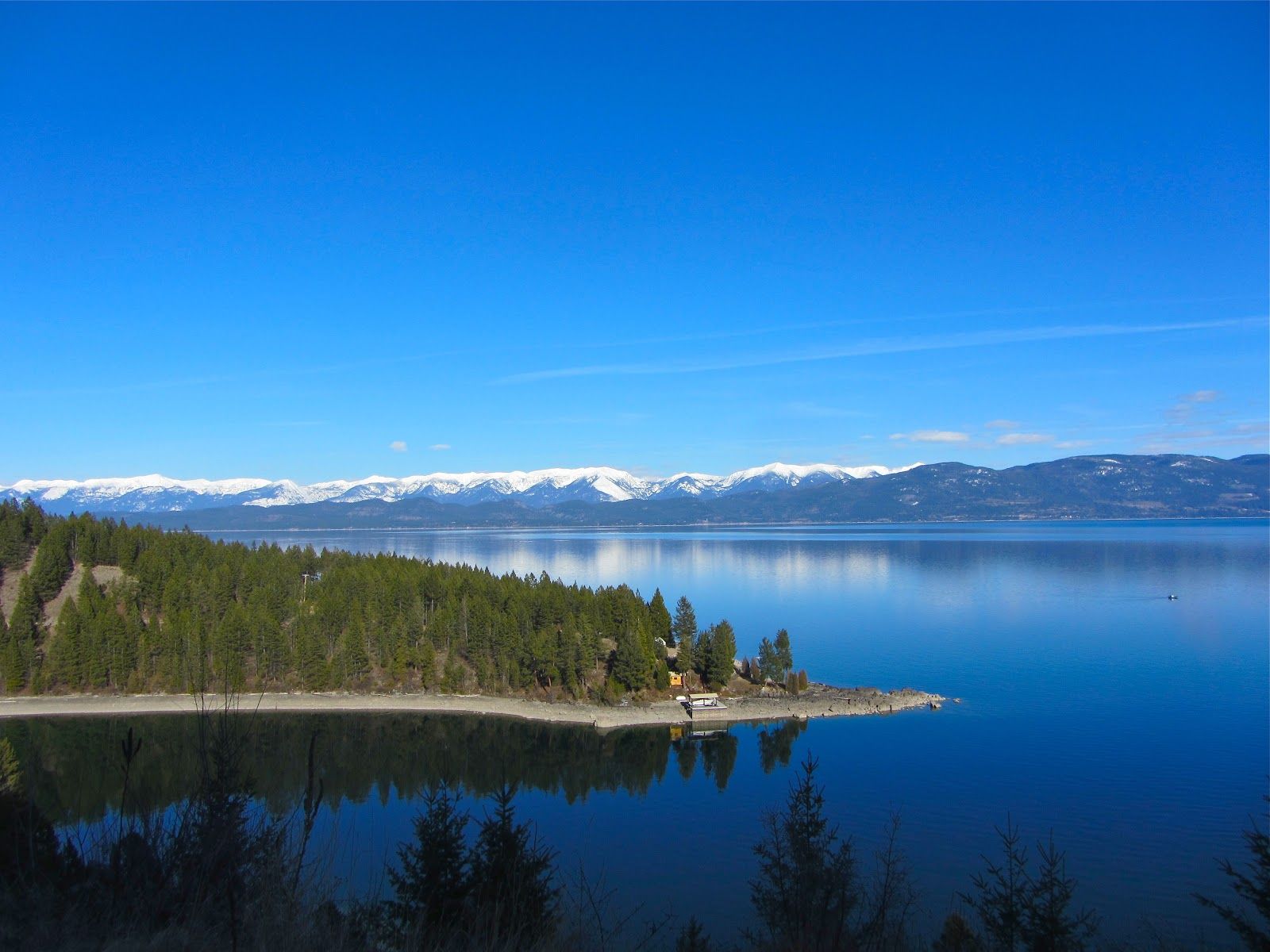During the rest of the year, lakes are beautiful sights to see, but it is during winter that their beauty gets elevated to a level that just seems so magical. Frozen lakes creates all kinds of unimaginable and amazing patterns that you would need to see to believe. Such patterns can be of any shape or form: jagged lines, frozen bubbles, and even perfect snowflakes, and these shapes can come in various shades such as green, blue, and white.
Most Beautiful Frozen Lakes You Have to See for Yourself
All over the world, there are many lakes that are known for their intense and impressive views during winter, to the point that visitors flock from the entire world over just to see them. We’ve compiled a list of these wonderful lakes:
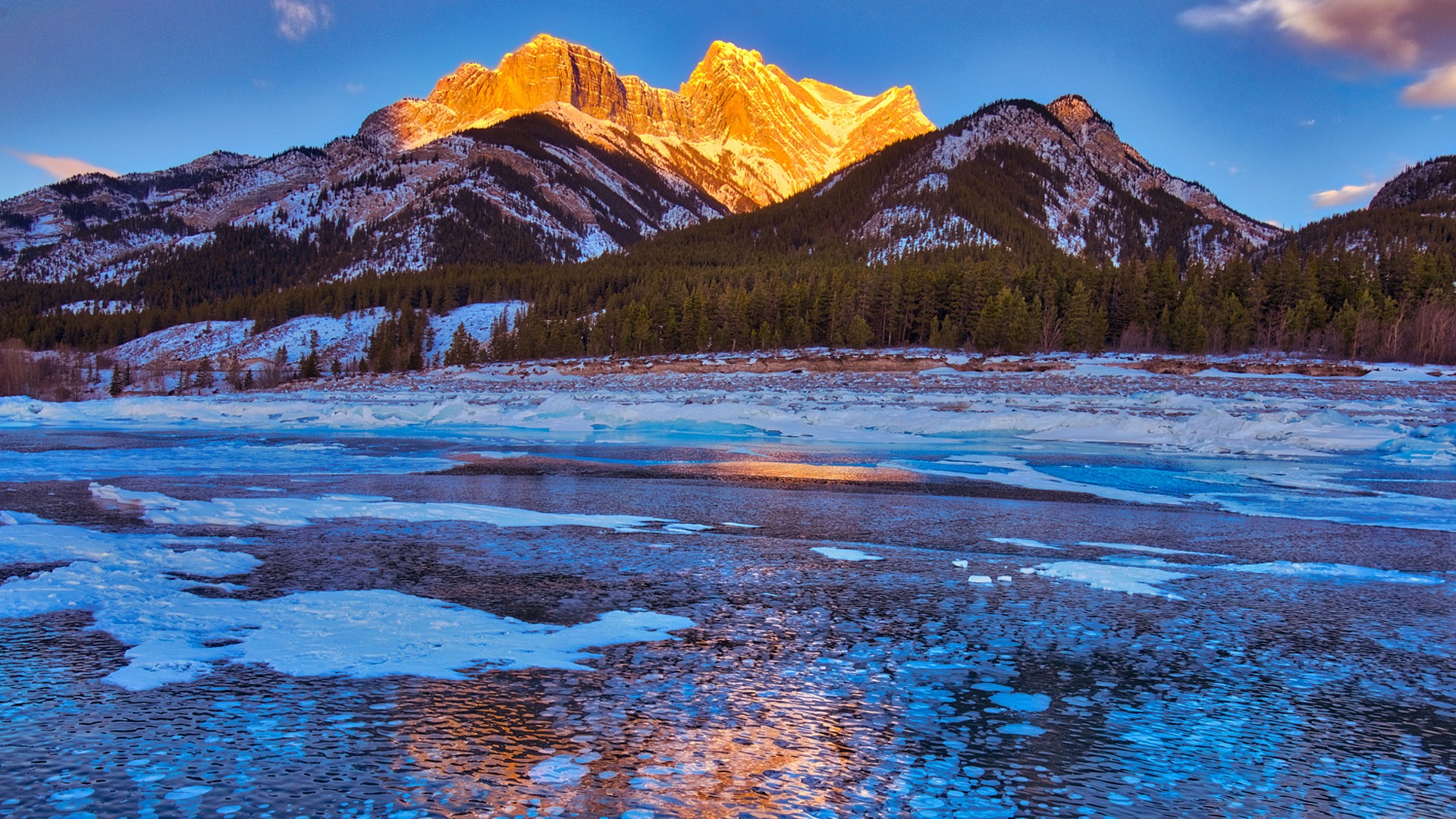
Lake Saimaa in Southeastern Finland
This is Finland’s biggest lake and Europe’s fourth largest natural freshwater lake. It is also one of the world’s oldest, as it is said to have formed because of glacial ice melting upon the conclusion of the Ice Age. During summer, it’s a nice idyllic spot for lake cruises, but fishing is usually discouraged, especially of the endangered Saimaa salmon. During winter, its beauty becomes of another sort entirely as underneath its frozen surface you can see various sorts of shapes, sizes, and patterns of ice blocks.
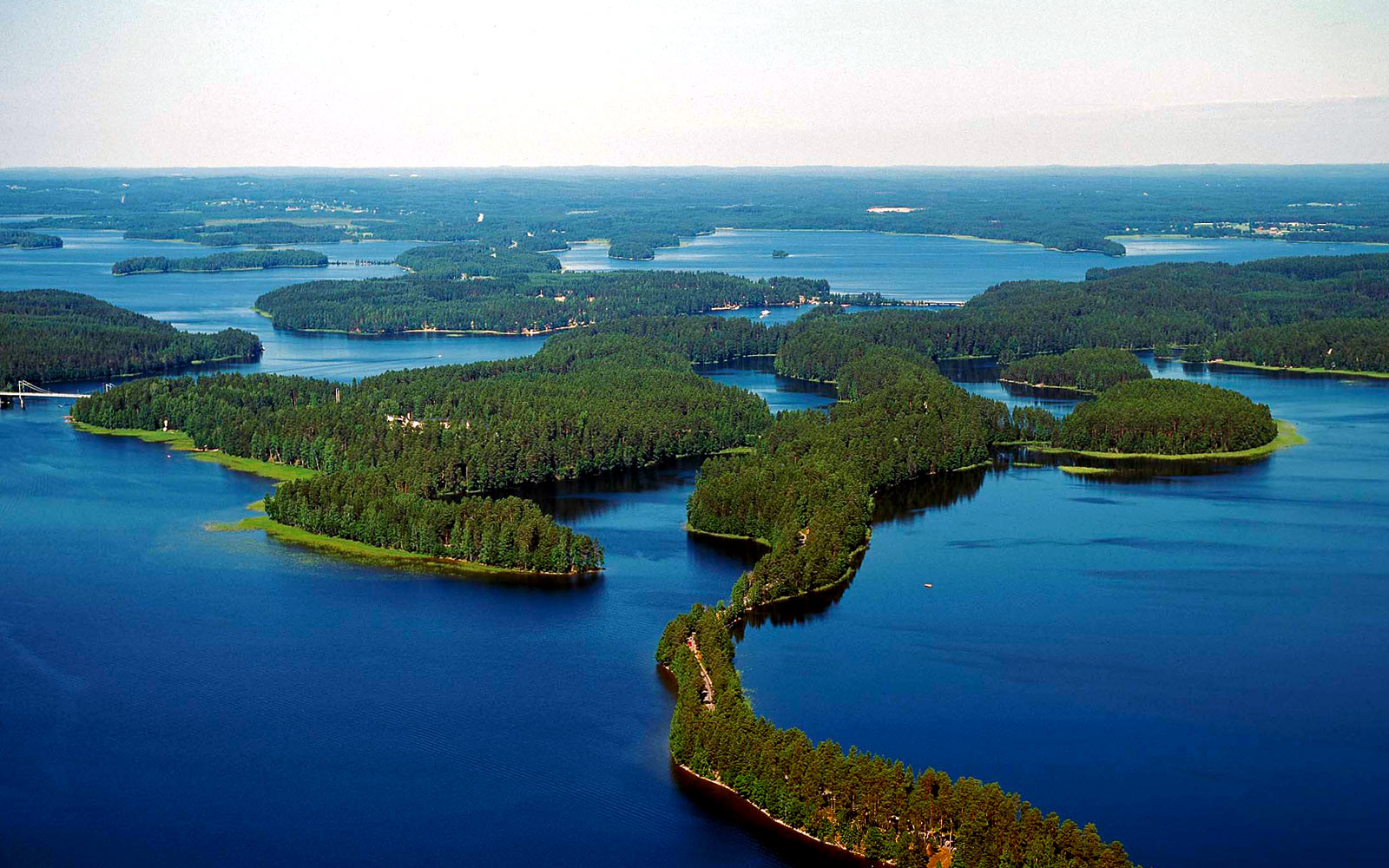
Lake Baikal in Siberia, Russia
Lake Baikal is considered to be the largest freshwater lake in the entire world, if you were to go by volume. It is said to be the source of 22 to 23 percent of the Earth’s fresh surface water. In the winter, such water transforms into an emerald green color, making the lake seem as if it were a setting in an icy fairy-tale paradise.
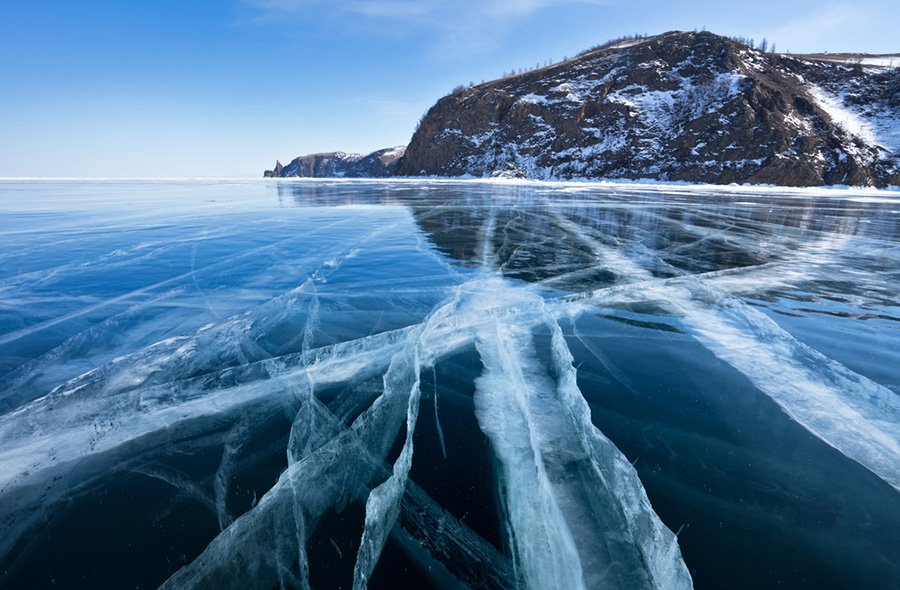
Abraham Lake in Clearwater County, Alberta, Canada
Abraham Lake is a man-made lake and is Alberta’s biggest water reservoir. Despite its artificial origins, the lake’s waters are said to boast a blue color similar to the color of glacial lakes. Such blue hues become even more intense in winter, when the extremely cold temperatures freeze the waters.
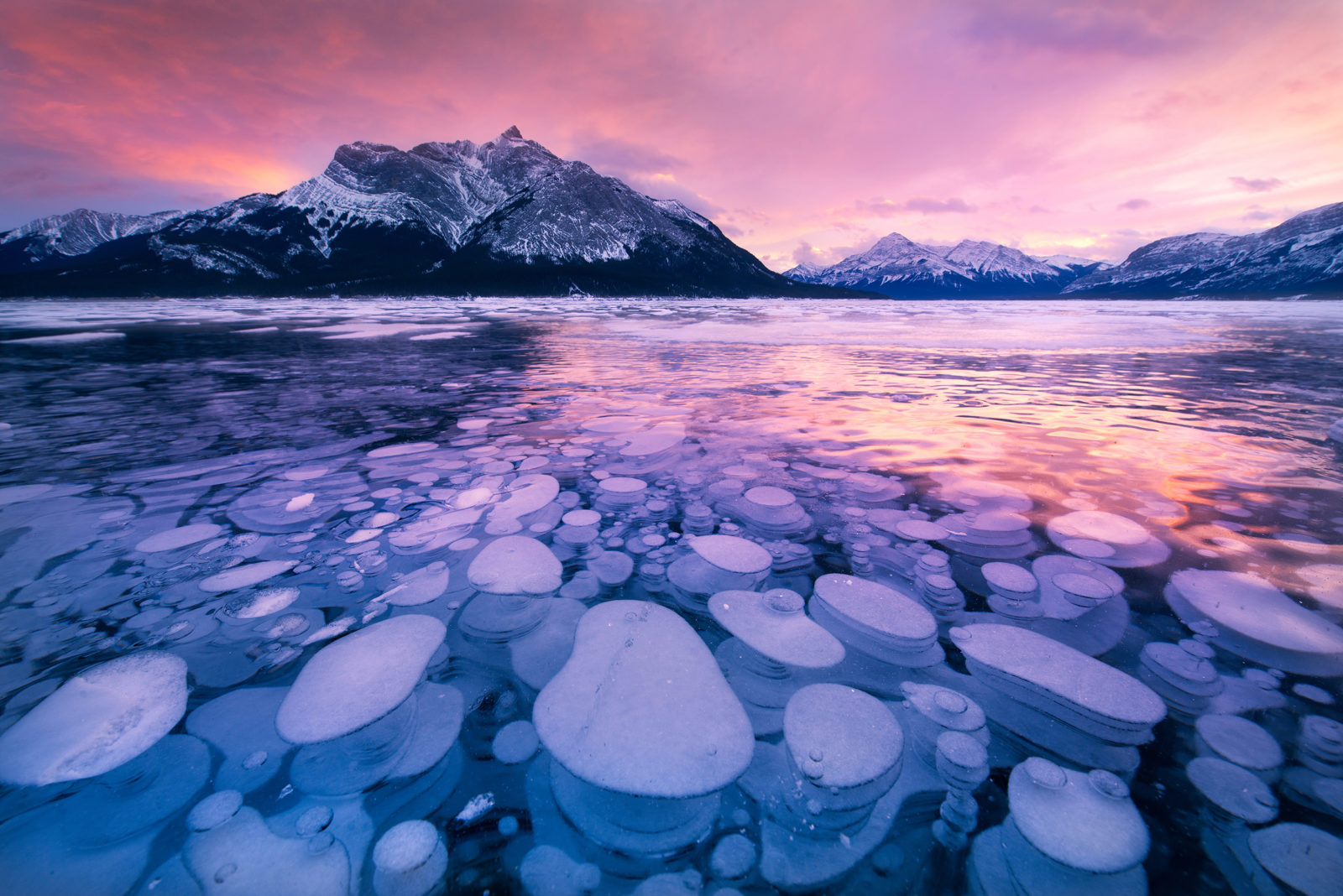
Blue Pond in Biei, Hokkaido, Japan
Blue Pond is another man-made lake, this time located on the other side of the planet. It was constructed from the Biei River and was created in an aim to protect the town of Biei from volcanic mudflows, after the 1988 eruption of the volcano Mount Tokachi. Its vivid blue color is said to have come from the presence of colloidal aluminium hydroxide, and such color becomes even more vibrant during winter.
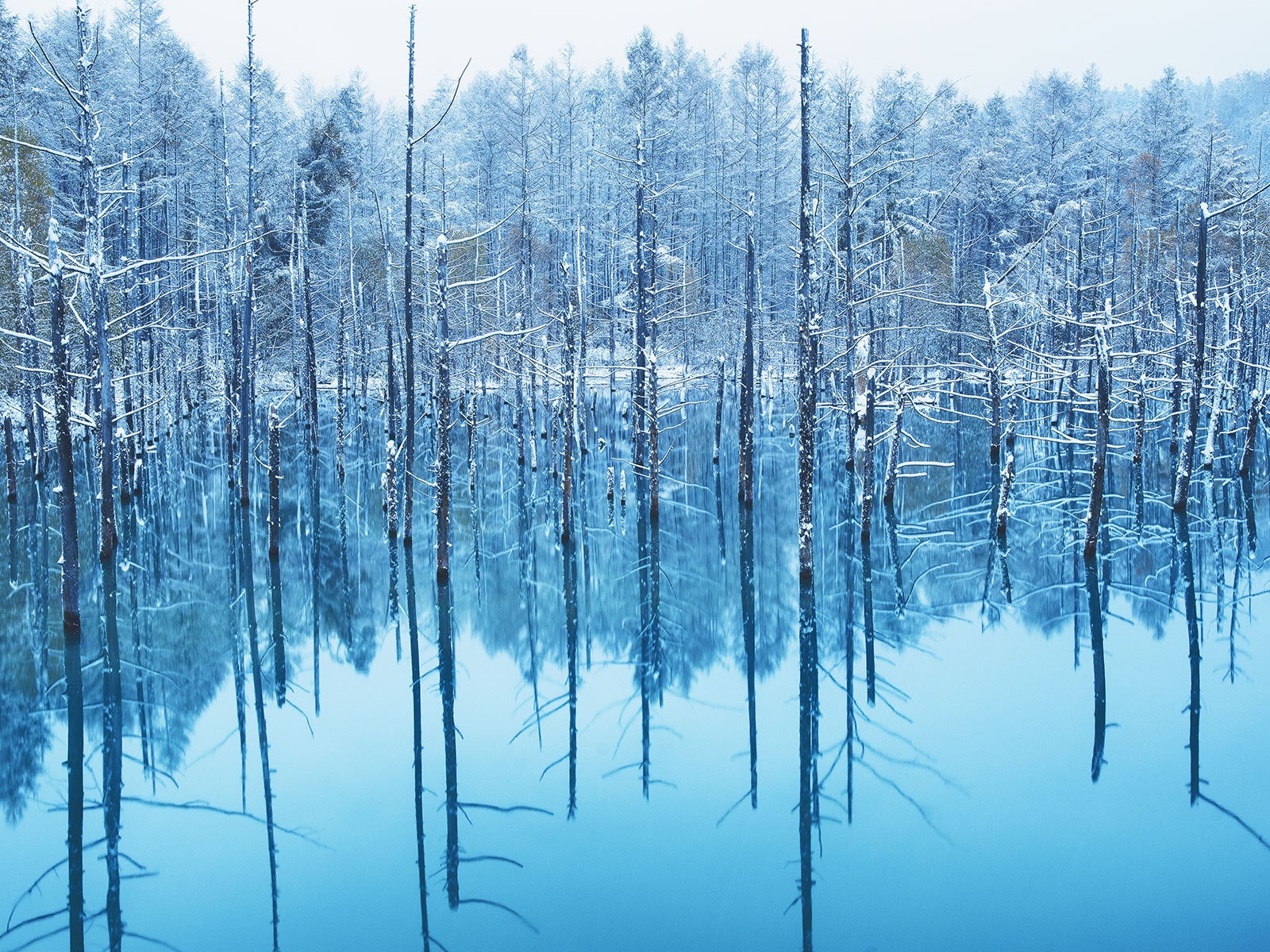
Lake McDonald in Flathead County, Montana, USA
This is said to be the largest lake in Glacier National Park and was said to have formed because of both soil erosion and glacial activity. During the rest of the year, it is home to several species of trout, but in the winter, those schools of trout go somewhere else as the lake becomes enveloped with frost and becomes frozen itself. The lake is said to exhibit all sorts of amazing ice block shapes underneath its frozen surface.
